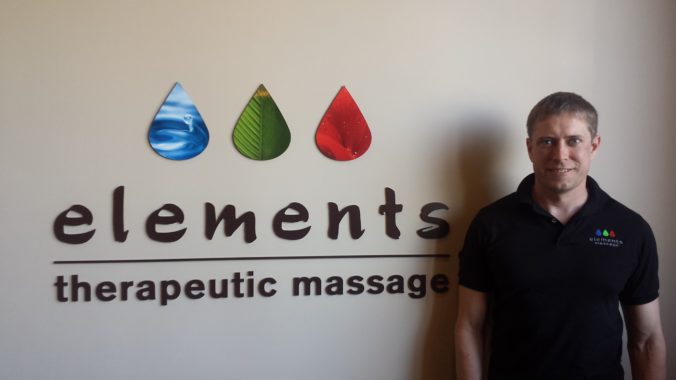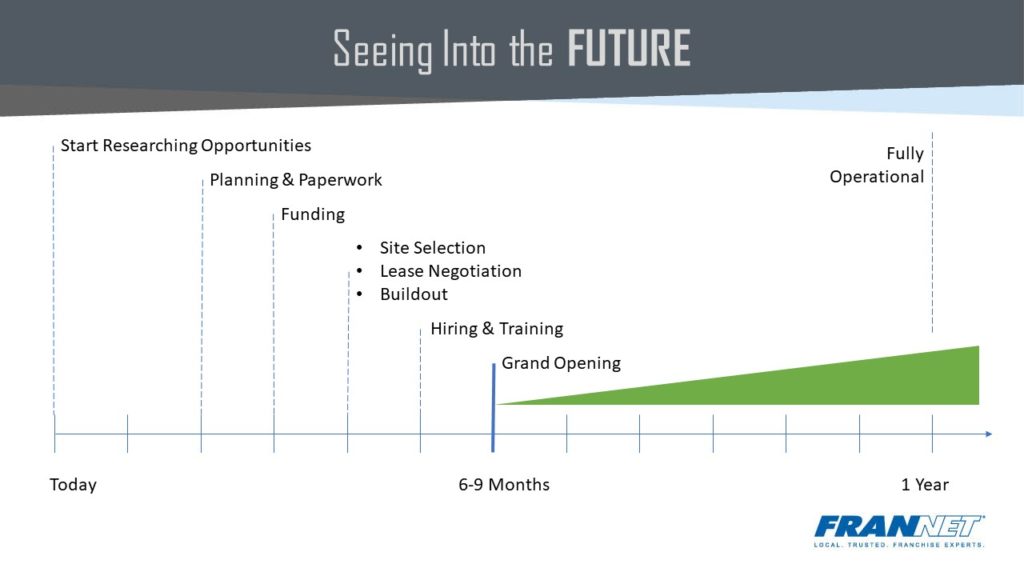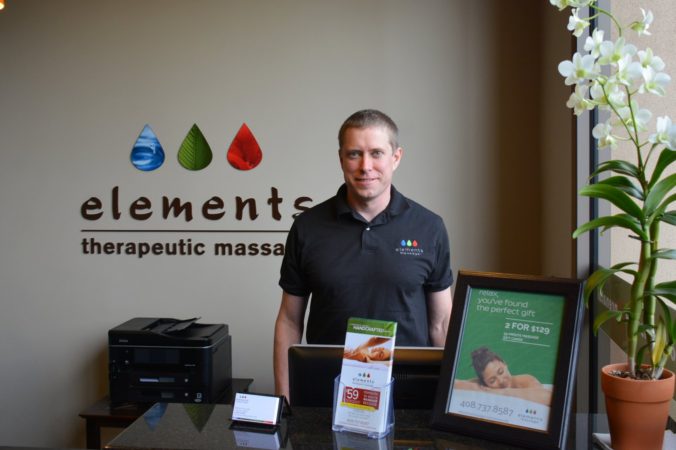If you’ve ever thought of starting a business, you’ve probably heard of franchises. But how do they really work? There are many myths and misconceptions around franchises. For example, many people think they’re only retail and fast food. Or that you need business or industry experience to get started. Or that they’re too expensive.
A franchise can be a great way to run a business. While you still own your own business and earn all the profits, you’re part of a bigger system and they do a lot of the work for you. I’ve owned two franchises myself, and they helped me grow faster and stronger than I ever could have on my own.
What is a Franchise?
In a franchise system, a parent company (the “franchisor”) develops a brand, business model, and support systems. They test it and improve it until it’s profitable and can be run by other people. Then they licenses it to individual business owners (“franchisees”) to run their own copy of the business. Each franchisee independently owns and operates their own business, but they’ve agreed to follow the systems of the franchisor. This provides a single brand and consistent product.
It’s generally much easier to start a franchise business than to start a business on your own, because the franchisor does a lot of the work for you. Here are some examples of what a good franchise will provide its owners:
- Proven business model, already successful in other locations. You can verify this with existing owners before deciding to join.
- Training and support. They teach you how to run the business. For many franchises, you don’t need industry experience or a business degree.
- Established brand and marketing support to keep the brand fresh and help you get new customers.
- Centralized business systems and best practices. Not only do you save on the cost of these systems, but you don’t have to waste any time figuring out how to set them up. You’ll also get better results with the brains and experience of dozens or hundreds of owners than you could ever figure out on your own.
- Network of other owners. You’re in business for yourself, but not by yourself. Learn from the most successful owners.
- Growth potential. There’s no salary cap to a business, and in many cases you can grow even more with multiple units.
In return for this, you’ll pay an upfront franchise fee as well as ongoing royalties, but these can be well worth it. These vary from business to business, but you’ll learn about them in detail before deciding to join.
Types of Franchises
Of course you’ve heard of the big fast food franchises like McDonalds and Subway, but there are over 3000 franchises in many industries. Here are some examples:
- Education, including in-home tutoring, preschools, and after-school enrichment.
- Fitness, including boutique fitness gyms, in-home personal training, equipment maintenance, and children’s fitness.
- B2B (business to business) services, such as consulting, staffing, marketing, sign manufacturing, janitorial services, and many more.
- Pets, including pet stores, dog walking, and pet sitting.
- Home services, such as bathroom remodeling, home repair, cleaning, damage restoration, and landscaping.
- Senior care, including senior home referrals and in-home care.
- Personal care, such as hair care, eyelashes, massage, and chiropractic.
- Real estate, including home flipping, property management, and home inspections.
There are also many kinds of business models. Some are home-based, others are mobile, and others require a brick-and-mortar location. Some have many employees, some have none or few. The role of the owner also varies, but in most cases you’ll be in an executive and sales role, and hire employees to do most of the labor. Some are even designed for multi-unit ownership, to scale to any size that you want.
Finding Franchise Opportunities
You can try to Google for franchise opportunities, but chances are the popular ones are sold out in the good locations, and there’s no way to know the quality of the rest without doing detailed research on each one. A franchise consultant can help you cut through the mess, and find the opportunities that would be the best match for you. As a franchise consultant myself, I offer these free services:
- Understand your personal goals and strengths. These are far more important to finding the right business than starting with a specific brand or industry in mind.
- Find franchise opportunities that match your financial and lifestyle goals, and play to your strengths.
- Research each franchise to understand the business model, unit economics, competitive advantage, and owner role. You’ll have regular calls to learn about a franchise, and I can help you ask the right questions. I’ve researched hundreds of franchises myself.
- Explore financing options. There are a number of different ways to finance a business.
- Answer your questions objectively. I’ve owned two franchises myself, and I work with a company called FranNet that has been placing new franchise owners for over 30 years.
Best of all, it’s free and there’s no obligation. Even if you decide that franchising isn’t for you, I’m happy to help you learn about it.
Contact me today and let’s set up a short call to get to know each other!











